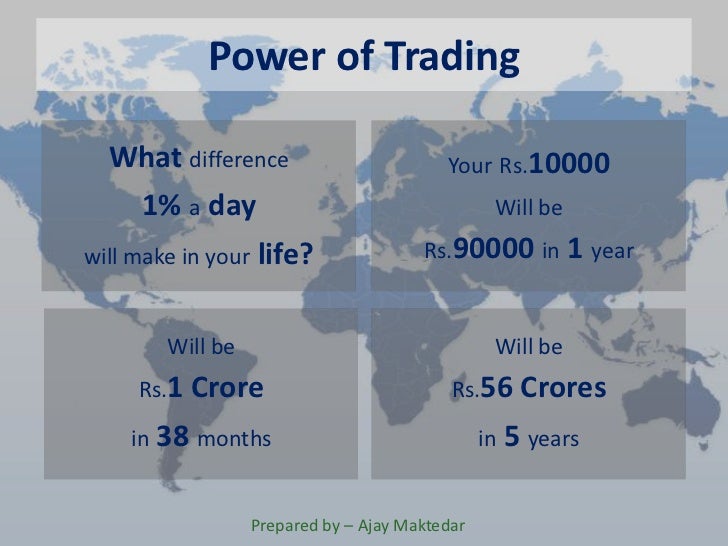Introduction
The allurement of financial markets has captivated global investors, including traders in India. Forex trading, the act of buying and selling foreign currencies, has gained traction in the country, prompting the question: is forex trading legal in India? Understanding the regulatory landscape that governs this dynamic market is imperative for prospective Indian traders to navigate its complexities and mitigate potential risks.

Image: www.alphaexcapital.com
The legality of forex trading in India has been subject to fluctuations over the years, reflecting the evolving nature of financial markets. It’s crucial to arm oneself with the necessary information to ensure compliance and safeguard your interests.
Forex Trading Regulations in India
The Reserve Bank of India (RBI), the country’s central bank, plays a pivotal role in regulating forex trading in India. The Foreign Exchange Management Act (FEMA), introduced in 1999, serves as the bedrock of forex regulations in the country.
FEMA categorizes forex trading into two primary types:
- Authorized Dealer Category II (AD Category II): Banks and financial institutions that are authorized by RBI to conduct forex transactions on behalf of their clients.
- Non-Resident Indians (NRIs): Indian citizens and Persons of Indian Origin (PIOs) residing outside of India are permitted to trade forex under certain conditions specified by RBI.
Understanding AD Category II Regulations
Banks and financial institutions classified as AD Category II are subject to stringent regulations imposed by RBI to ensure orderly and responsible forex trading practices. These regulations encompass:
- Licensing Requirements: Institutions must obtain a license from RBI to operate as an AD Category II.
- Compliance with FEMA: AD Category II entities must strictly adhere to the provisions outlined in FEMA.
- Monitoring and Reporting: RBI exercises diligent oversight over AD Category II institutions, requiring regular reports and compliance audits.
Forex Trading for NRIs
NRIs are granted access to forex trading in India, provided they meet specific criteria and abide by RBI guidelines. Key aspects of NRI forex trading include:
- Repatriation Limits: NRIs can repatriate up to USD 1 million per financial year without seeking prior RBI approval.
- Permitted Transactions: NRIs are authorized to participate in various forex transactions, such as remittances, investments, and trading.
- Tax Implications: NRI forex income is subject to taxation in India.

Image: www.slideshare.net
Risks Associated with Forex Trading in India
While forex trading offers the potential for financial rewards, it also carries inherent risks that traders must be cognizant of:
- Market Volatility: Forex markets are notoriously volatile, influenced by a myriad of factors, including economic data, geopolitical events, and market sentiment. Sharp price fluctuations can lead to substantial losses.
- Leverage Risks: Forex trading often involves the use of leverage, which amplifies both potential profits and losses. Inexperienced traders can quickly find themselves exposed to high levels of risk.
- Counterparty Risk: Forex traders transact through intermediaries, such as brokers. The solvency and reliability of the broker can impact the trader’s ability to execute trades and access funds.
Is Trading Forex Legal In India
Conclusion
Understanding the legal framework that governs forex trading in India is paramount for prospective traders. By adhering to the regulations set forth by the RBI, individuals can engage in forex trading legally while mitigating potential risks. However, it’s equally crucial to recognize the inherent risks associated with forex trading and exercise caution to protect financial interests. Through prudent decision-making and compliance with the law, Indian traders can navigate the dynamic world of forex trading, tapping into its potential for financial growth.






